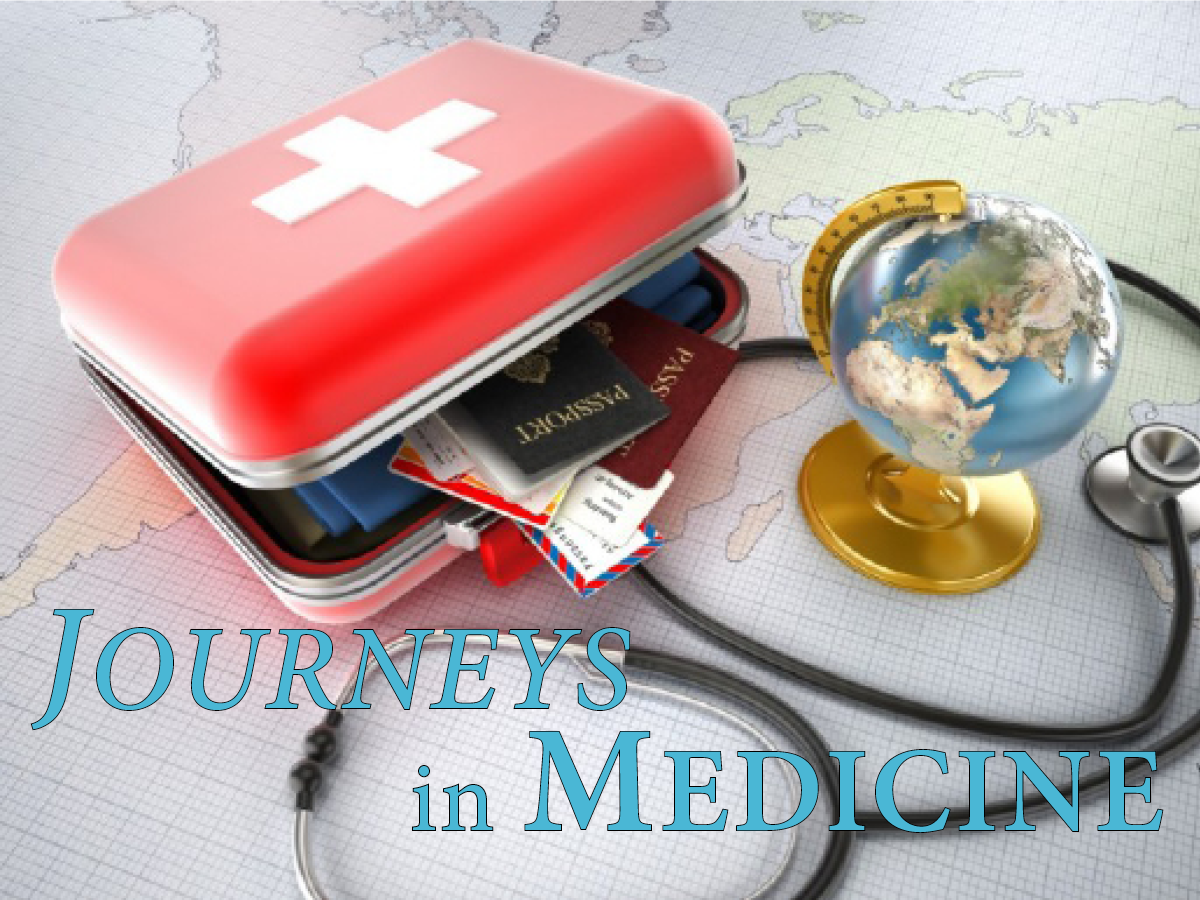Department of Medicine faculty and staff enjoyed an engaging dialogue with Melvin Russell, chief of the Community Collaboration Division of the Baltimore City Police last month. He successfully built the case that many of the current challenges between the police and the community are a deficit in relational equity between the two groups who ultimately need one another to combat crime.
Chief Russell shared his personal journey as a native Baltimorean from humble beginnings to his current leadership position in the Baltimore City Policy Department. He described the Baltimore of his early years, which was a city of neighborhoods where citizens looked out for and supported one another. As a young police officer working in East and Southeast Baltimore, he and his fellow officers were always out of their vehicles walking in the community during which time they built lasting and meaningful relationships with community members. Those relationships were so strong that it was not uncommon for officers to dine in the homes of those in the neighborhoods they served and to received assistance from community members if they were being attacked by a criminal.
After 20 years of being undercover to dismantle drug rings, he was back in uniform and patrolling the community; however, Chief Russell noticed that the relationship between the community and police had changed. The community was no longer responsive to the police, middle and high school students were resentful of the police and elders had surrendered their streets to criminals. He also noticed that the police were negative toward to the community and the prior relational equity had dissolved. Undeterred, he set out to re-engage the businesses and churches in the community to re-establish relational equity. He believes you can eliminate any problems in a neighborhood through an engaged presence—empowering the people who live in the community 24/7 to work with the police in stopping crime. During his four years in the Eastern District, there was a significant reduction in crime through non-confrontational community engagement with the police, using novel approaches to re-engage local churches and business. These approaches are now being taught throughout Baltimore City.
In his current role as chief of the Community Collaboration Division of the Baltimore City Police, he has developed a successful Chaplaincy Program to extend the activities of his nine staff members who comforted community members following the Freddie Gray riots. His division also hosted flag football last Thanksgiving between community members, some of whom were criminals, and police to restore relationships with the community. His division has the following core tenets and areas of focus:
- Community—rebuilding those relationships to restore relational equity
- Faith-based—leaving the four walls and engaging the church community and clergy
- Youth—the Explorers Program has been revamped to help build a pipeline of youth from Baltimore who will enter the police force; currently only 25 percent of police officers are from Baltimore. There is now an in-school curriculum and an accredited course for training. There is also a camping expedition where police take 50 at-risk youth camping for the weekend and continue those mentoring relationships following the trip.
- Re-entry/recidivism—collaborating on a job training program with Ron Daniels and Ron Peterson to assist ex-offenders in getting jobs at Johns Hopkins
We all left feeling encouraged that transformation is occurring at the grassroots levels in the community through Chief Russell’s division!
-Sherita Golden, Executive Vice Chair
